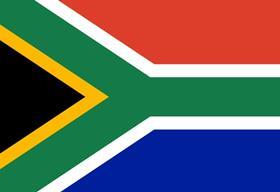
South Africa’s apple exports will be back on track this year after a disappointing 2014 harvest, and the local industry will also be encouraged by the fact that at last they can legally sell its apples in China.
The move is so significant that for the first time in many years the topic of fruit got a mention in South African president’s state-of-the-nation address. President Zuma was clearly excited when he told the country that during the next three years growers will earn R500m (US$43m) from the new Chinese deal. “What a success story,” he declared.
Fruit growers and exporters who have been through the frustrating wait for the South African government and its Chinese counterparts to finally sign the new protocol, will perhaps not be as excited as the president. They agree it will take a considerable amount of time to build the business within the constraints of what is a tough protocol. In the bigger scheme of things, taking into account that South Africa’s fresh produce exports are valued at well above R12bn (US$1bn), R500m (US$43m) over five years is hardly anything to get excited about.
“At least something has finally happened”, said one exporter. “We can now start planning, but complying is complex and we will move forward with caution.”
The protocol provides for registration and inspection of orchards, monitoring programmes for pests, packing and storage procedures and a cold-sterilisation programme before and during shipment. The protocol in particular also mentions Mediterranean Fruit Fly, Natal Fruit Fly and Codling Moth, as well as some other minor pests.
If, on arrival, transgressions are found, fruit will be refused entry.



